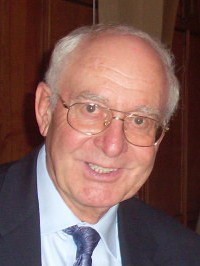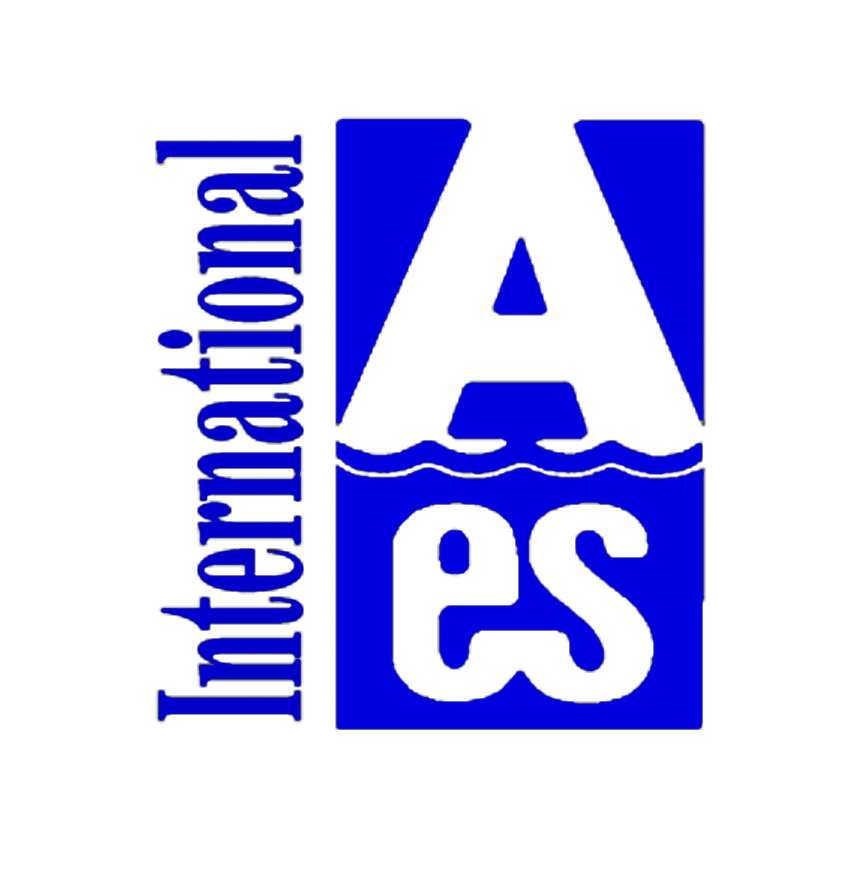Dr. Roland Bardy

Dr. Roland Bardy
Dr. Roland Bardy is currently an owner of BardyConsult, in Mannheim, Germany, where he engages in management education. He worked at BASF SE, a German multinational chemical company, for about 30 years until 1999. Then he took up teaching through various assignments in the U.S., Germany, Austria and Switzerland. The last teaching assignment was as Executive Professor, Florida Gulf Coast University Fort Myers, Florida. Dr. Bardy earned his Ph.D. in econometric from Heidelberg University, Germany. His fields of research, as demonstrated by his many publications, are sustainable development and business ethics.
Why did you become a member of the International Atlantic Economic Society?
After having attended several International Atlantic Economic Conferences without being a member, I decided to apply for membership because I think it is very worthwhile to belong to the IAES community. In my opinion, the IAES is one of the very few institutions that offers a broad spectrum of topic areas. Any member may delve deep, or not so deep, into any area of interest. This allows me to gain insight on areas that are beyond my fields of personal expertise. It allows me to follow the progress that is made within economics at an international level.
What types of projects/research are you currently working on and what inspired/motivated you to pursue these interests?
My current project is on the topic of sustainable development, which is motivated by the fact that there is often not enough emphasis on this field. Much of what is published and researched does not go beyond the habitual focus on climate change and neglects the other 16 sustainable development goals (SDGs), both in practice and in the academic discussion. Another motivation is that it is necessary to connect representatives from business (who must enable progress in implementing the SDGs), politics (who often yield to ideological pressure instead of confronting the pressure groups with real facts), and research (scientists who should deliver data in an unbiased manner).
What advice would you give to someone who is considering entering your line of work/field of study?
Stay away from ideology, seek dialogues and discussions with people who do not share your opinion and open your mind to a wide variety of different topics. For example, in view of what is published on sustainable development and what one can hear in conferences and from activists, anyone who enters this field of study should carefully select a viewpoint that is unbiased and can be defended with rational arguments. One should contribute to overcoming the narrow focus on just a few of the SDGs as they are all interrelated. One other interrelationship is between the microeconomic and macroeconomic aspects of sustainable development that are often treated separately. That the field of corporate sustainability efforts and sustainability reporting has a direct link to macroeconomic indicators of sustainable development is one of the most important facets. Work on this connection will be very rewarding.
Going forward, what other projects/research are you planning to or hoping to pursue?
Following an assignment in Northern Ghana where I helped to build a new college of tertiary education, I have done some work on the ways in which indigenous wisdom and Western knowledge need to cooperate. I hope to expand this to cover practical examples of the collaboration between the tribal system and the statutory/governmental administration. Also, when I got acquainted with the wide array of indigenous practices on ecology and their background in indigenous ethics, I started to examine how this can be used to improve the living standards in rural communities of remote African areas. This indigenous wisdom is a treasure that has not yet been fully employed because of insufficient means in those communities. They have often never received development aid. What they need the most is support to employ the traditions they have inherited from their forefathers.
What’s your favorite hobby?
I play classical piano. Practicing music is very helpful for one’s mindset, especially in relation to studies of the natural and the social environment.

